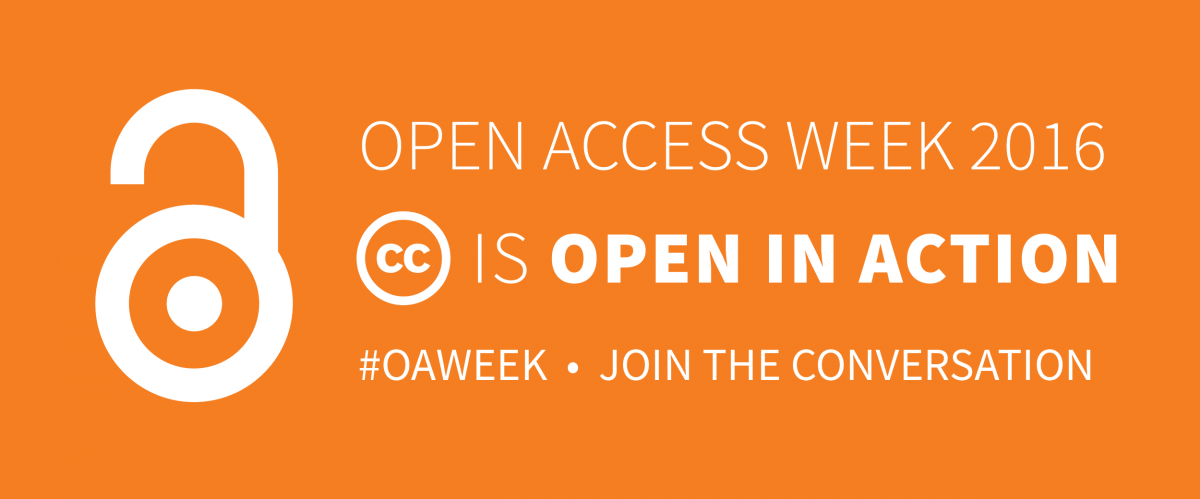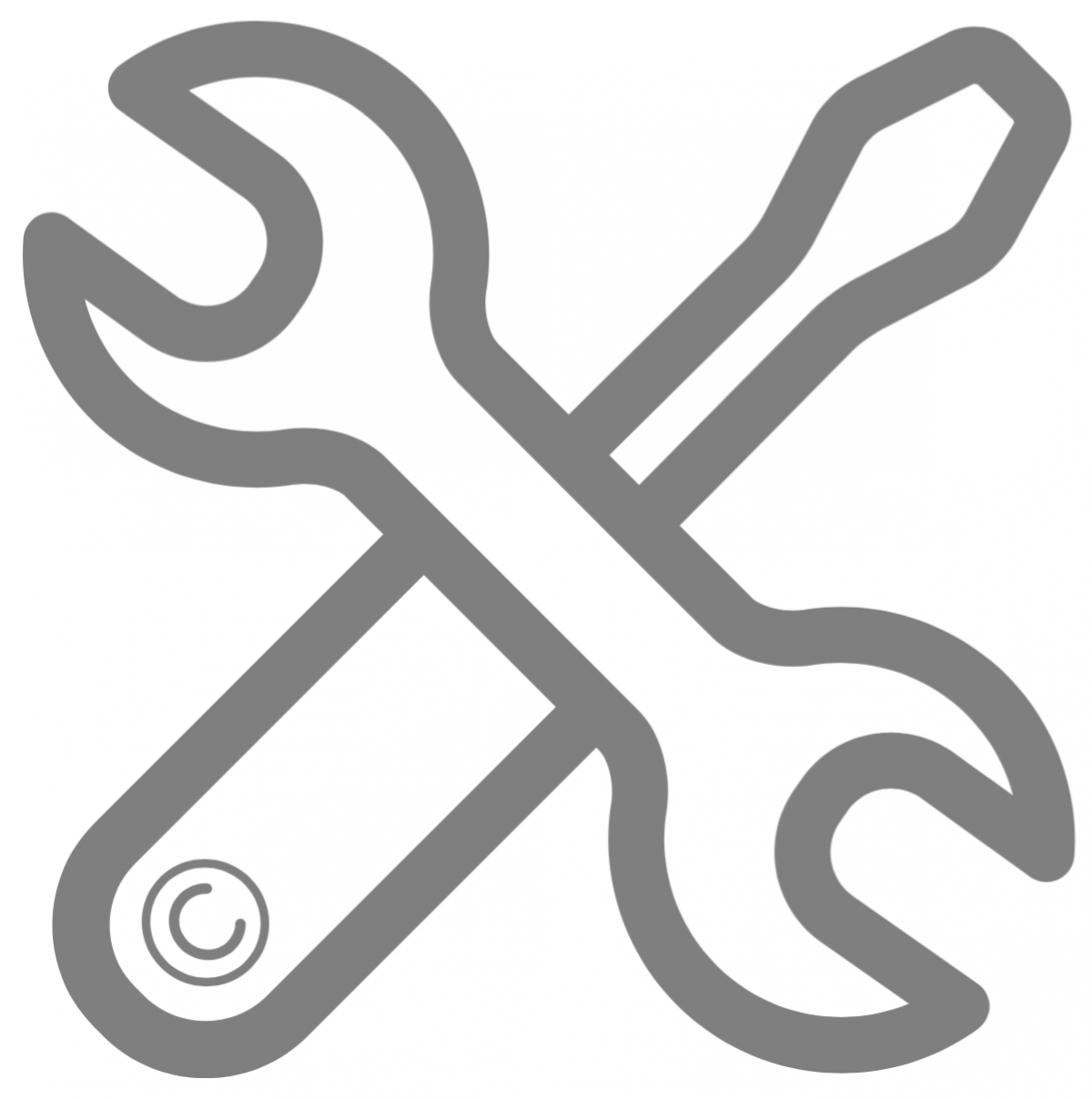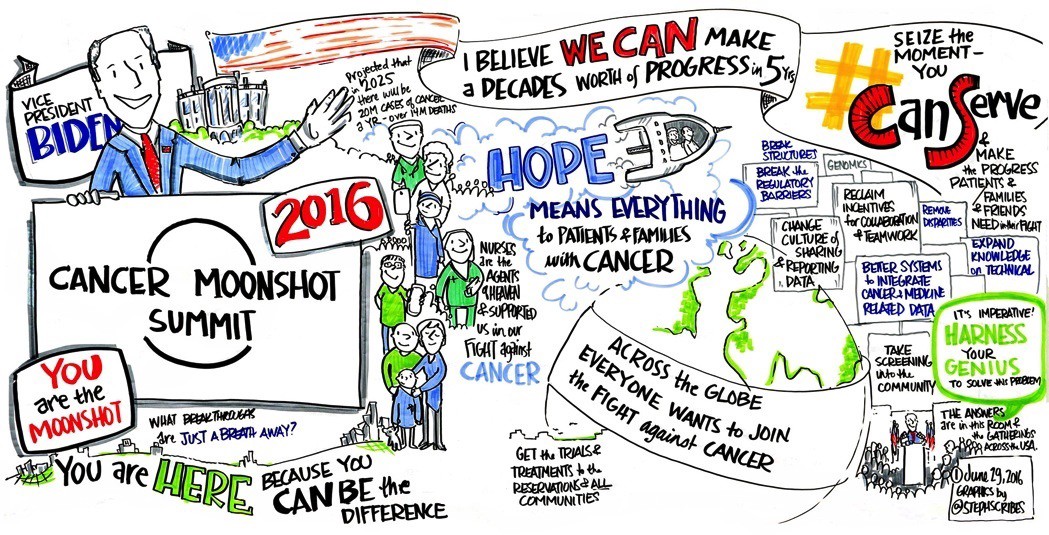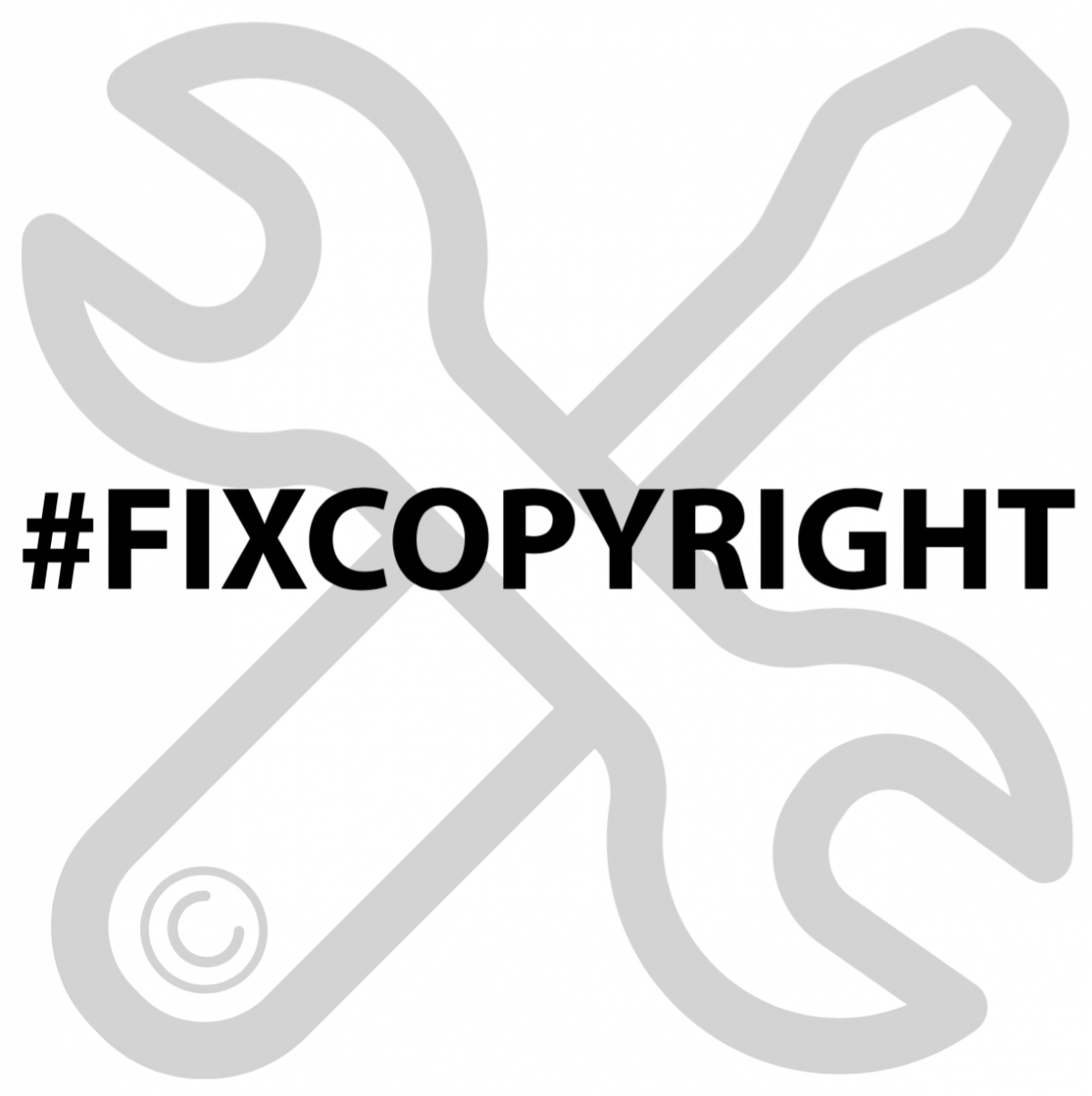The adoption of Creative Commons licenses and public domain tools for policy is beneficial to society as a whole. Open licensing helps public institutions better meet their missions of disseminating digital resources and data, breaking down the typical barriers associated with traditional copyright by granting broad permissions in advance. The integration of Creative Commons licenses within public policy clearly communicates to the users served by these policies the conditions of reuse. There’s a huge potential to drastically increase the impact of public funding through the adoption of open licenses.
Creative Commons licenses are being integrated and incorporated into public, foundation, and institutional policies around the globe. For example, some governments are starting to mandate that publicly funded education and research resources be released under Creative Commons licenses. Multiple philanthropic foundations are also adopting open licenses and intellectual property policies to expand the reach of their charitable investments. Both government and foundation open policies require (as a condition of funding) their grantees to openly license what they build and revise with grant funds. Cities are sharing useful health, traffic, weather, and crime data under open licenses to increase transparency and re-use of data for the public benefit. And intergovernmental organizations are using open licenses to share cultural heritage materials, reports, educational resources, research, and data with the world.
The Creative Commons staff and affiliate community conducts outreach, educates, and provides technical assistance to policy makers and public sector bodies about open licensing and open policy adoption. We respond to requests for comments on public policy issues related to our mission, and we’re involved in a variety of working groups and projects that aim to integrate open licensing and public domain tools into policy and practice.
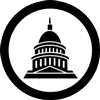 Government and Public Sector Adoptions of Creative Commons
Government and Public Sector Adoptions of Creative Commons
Dozens of government bodies have adopted Creative Commons licensing and public domain tools to share public sector information and data. See this page for a listing of some of those adoptions. In addition, governments have been adopting open licensing policies for publicly funded research, education, and data.
 Submissions to Public Agencies
Submissions to Public Agencies
Creative Commons provides feedback to public policy related requests for information, and provides other input to government and public sector bodies about the opportunity for and process of adopting open licensing and open policies for the public good.




 Get involved
Get involved